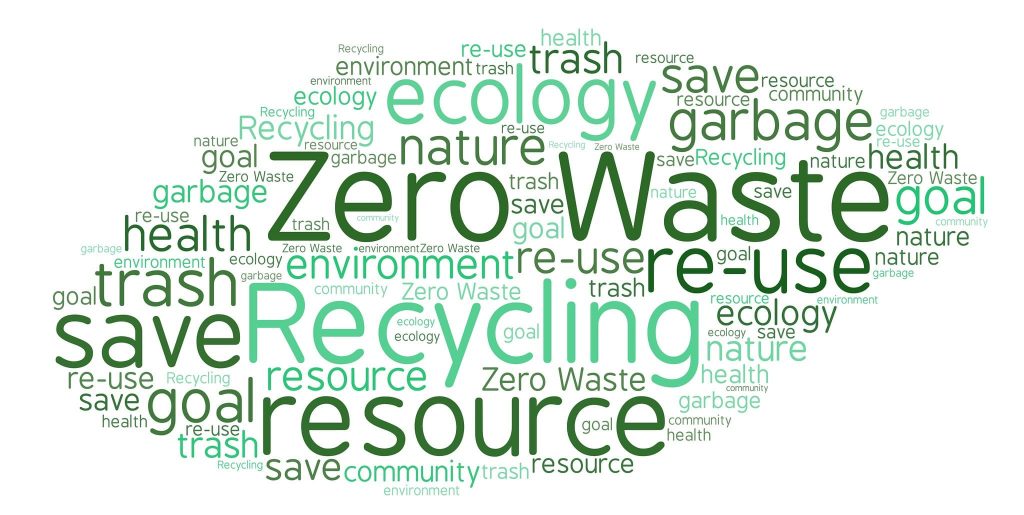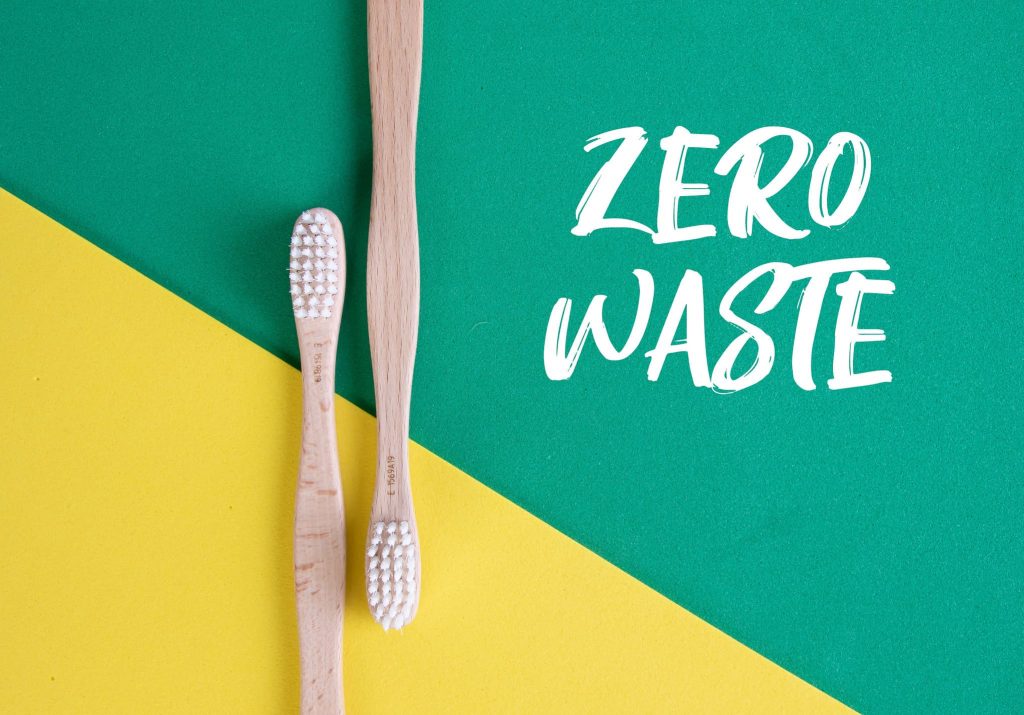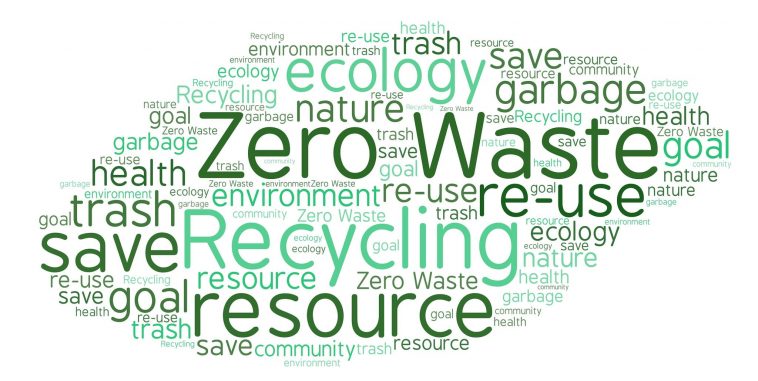Zero Waste can be defined as a set of principles which is truly focussed on waste prevention that can encourage the redesign of resource life cycles so that all products are reused. The goal of zero waste is that no waste should be thrown or go into oceans, landfills and incinerators. Zero waste is a lifecycle that will enforce waste presentation by following 5 R’s of waste management,
Also Read: What Is the Great Pacific Garbage Patch And What kind of debris do we find

Image Source: Marco Verch Professional Photograph(Flickr)
- Refuse what you don’t need
- Reduce the amount you consume
- Reuse the things you already own
- Rot – ie. compost
- Recycle what you can’t reuse
Let us discuss Zero Waste in more detail, Zero Waste can defined in three ways,
1. Idealist
The idealist defines zero waste as zero generation of waste. These people will look into their requirements and ensure nothing is getting waste. Howvever, this kind of people is very rare across teh world.
2. Theorist
The theorist way of defining ‘zero waste’ as ‘Zero landfills’ method. This method is based on principles of Integrated Waste Management (IWM) and they should be applied in the sequence we have discussed above i.e Refuse, Reduce, Reuse, Rot (compost) and then Recycle.
3. Opportunist
From Opportunist perspective, their approach is similar to theorist, however, they will never follow, the order of IWM principles. These set of people will put forward upcycling or recycling or composting or burning ahead of reducing waste because they want to generate business out of it. For opportunist, waste means more business. I believe they’re the worst kind.
Also Read: What is Biodiversity and Why it is so Important for Humans
Zero waste focusses on where all waste that is generated should be converted into a resource. People across the world should change their lifestyle in such a way that it causes the least pressure to the environment. We can contribute by not using disposables, not eating packaged food and bottled water. Also, reusing stuff, up-cycling old and unused material can lead us through the zero waste.

Image Source: EpicTop10.com(Flickr)
Plastic is becoming a lifestyle of everyone across the world which is causing great damage to the environment Usage of plastic too, has been growing massively since the last few years. We all are fully aware that plastic products require around 500 years to fully decompose and during this time they will decay in landfills, choke drainage systems and then contribute into the killing of ocean life.
Also Read: What Is Composting and How can composting impact the environment
What are your tips for reducing Zero Waste?
- Say no to plastic bags, glasses and cups. We all can use cloth and paper alternatives with eco-friendly ice cream cups and glasses also becoming popular.
- Say no to disposable products, however, in case of emergency, we can use it but try to keep it at minimal that will contribute much lesser waste than the plastic-based disposable products.
- Start researching on Zero Waste, check out some of the books from your local library.
- Always try to put 2 or 3 cloth bags in your car or near your door.
- Do not use single-use items from the market when you are roaming in the real world.

- Refuse any fruit or vegetables wrapped in plastic. Only buy them loose.
- Always try to use vinegar, salt and methylated spirits and eucalyptus oil, clove oil and orange oil as your basic cleaning products.
- Try to dispose of paper and cardboard rubbish either by burning for household heating or probably in a bonfire.
- If you have a lot of plastic, try to recycle by getting advice from the local municipality. The soft plastics like plastic bags, shopping bags etc that can be heat processed to make posts and sleepers.
To Conclude, Zero is something we all can achieve, however, we put our efforts and try to change our lifestyle to protect our nature.




